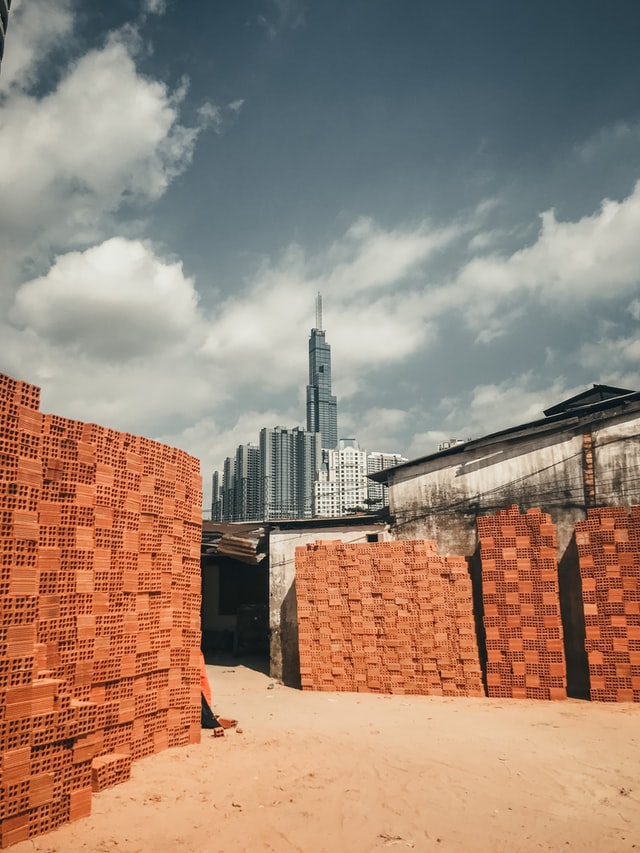How to become a less globalised business – consciously

Photo by Tony Pham on Unsplash
/IT’S THE BUSINESS

“Making money is art and working is art and good business is the best art”
– Andy Warhol
In the Before Times, globalisation was already in trouble. The refugee issue, populist politics and trade wars was bringing the whole idea of free movement of people, capital and goods into bad odour.
Eighteen months after the coronavirus pandemic was officially declared, national borders and national interests have taken on a deep meaning. They can be walls – to enclose a people against disease-carrying foreigners. They can be a moat – a preliminary line of defence against the world beyond. They can be a unifier, theoretically joining everyone on the inside into a mighty force. Even the world wide web is not really anything of the sort, but the “splinternet”.
This is bad news for globalisation and bad news for companies with a global footprint.
Unless it’s not. Dambisa Moyo, a global economist who has served on the boards of big corporations such as Chevron and Barclays, recently suggested on Bloomberg (subscription) some interesting ways that companies can navigate a fractured world.
First and foremost, become less global. Consciously and deliberately. This will take four measures.
Ensuring that supply chains are resilient and consistent with contingency plans. Raising capital in the markets that you do business. The development of local talent so that there’s less need to recruit overseas. And decentralize decision-making so that local subsidiaries have enough independence to negotiate the new world order.
All of this makes eminent good sense.
A deglobalizing world has its problems – but there are advantages too in anchoring firmly to where you are.

